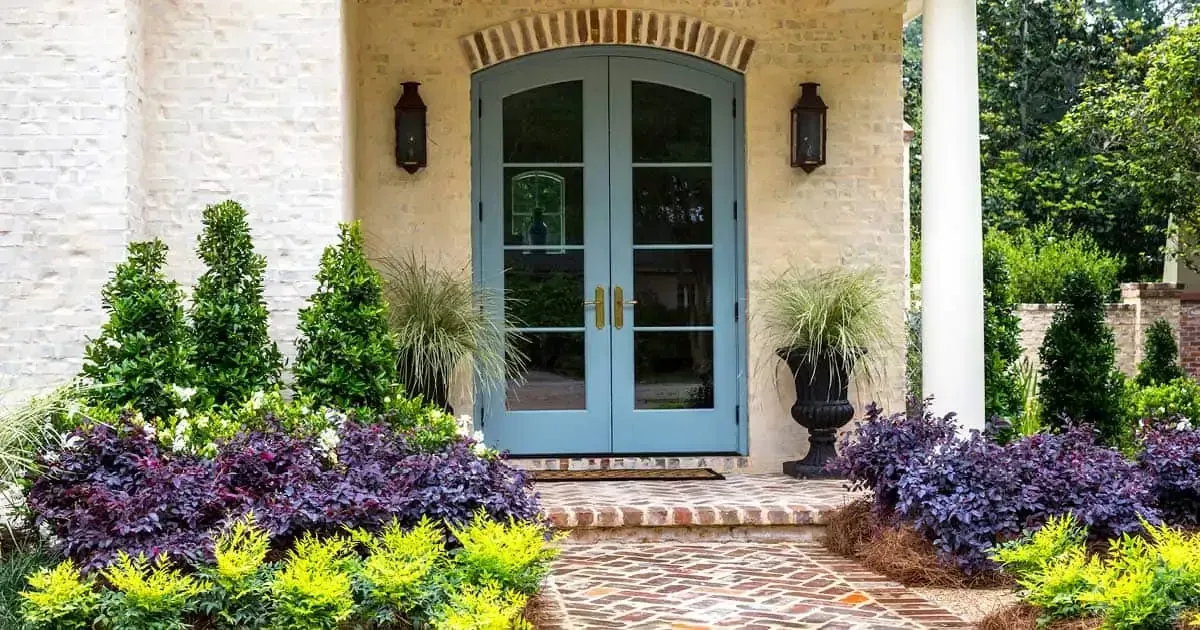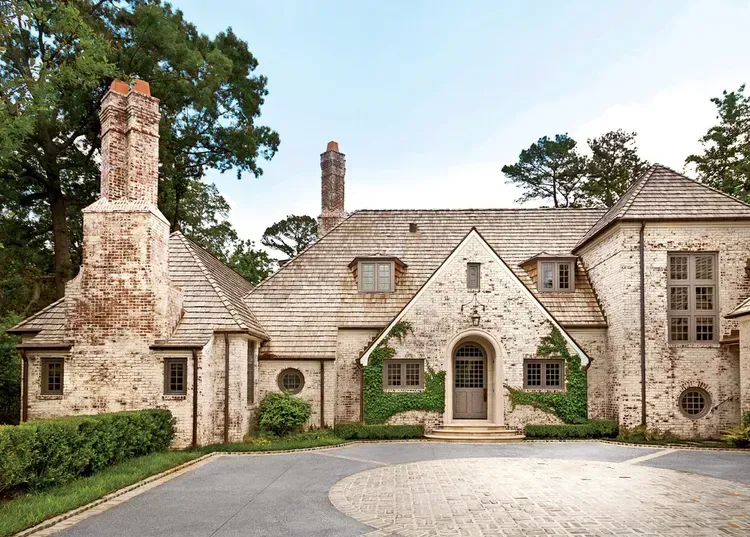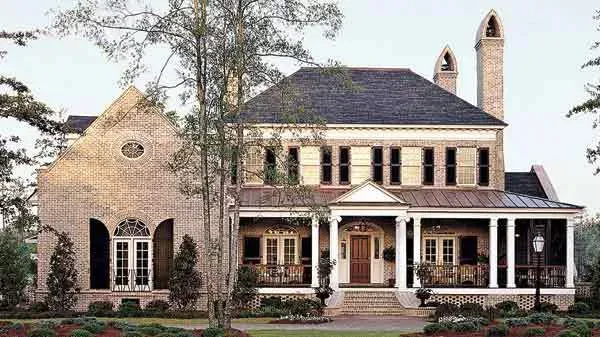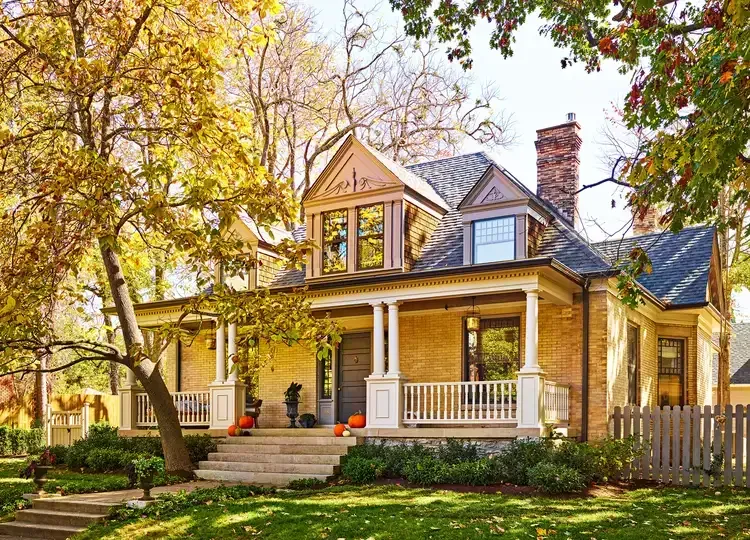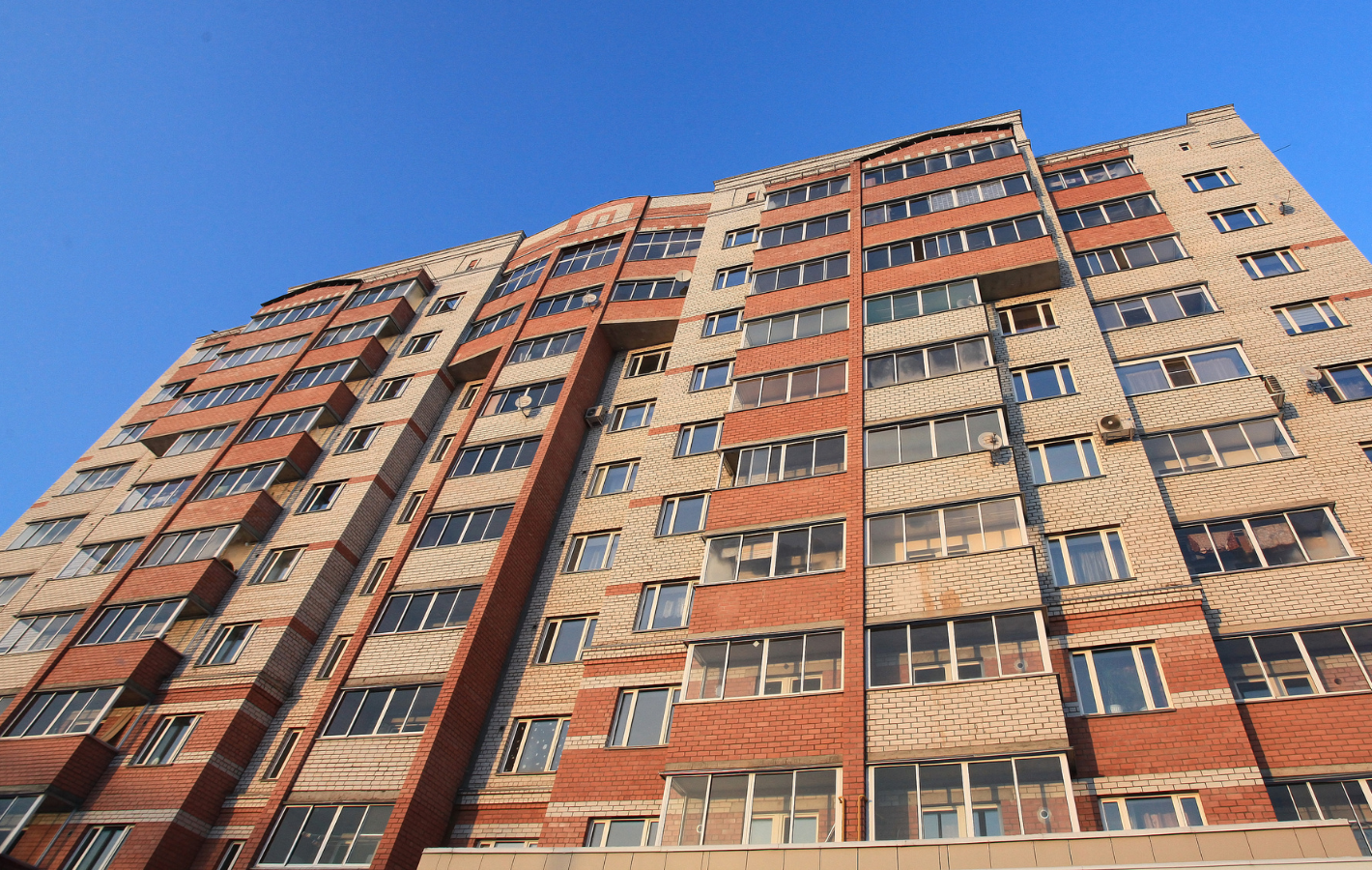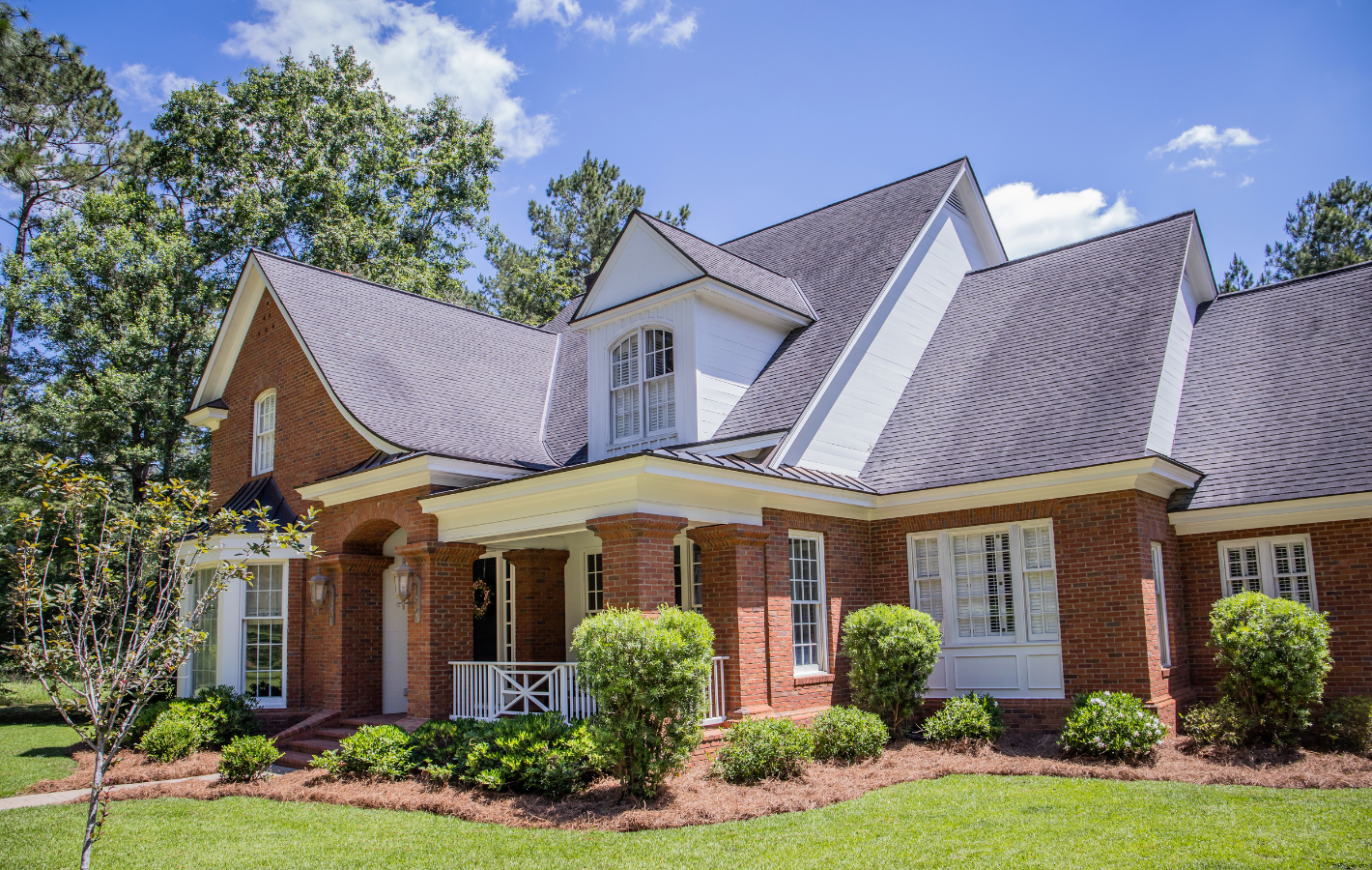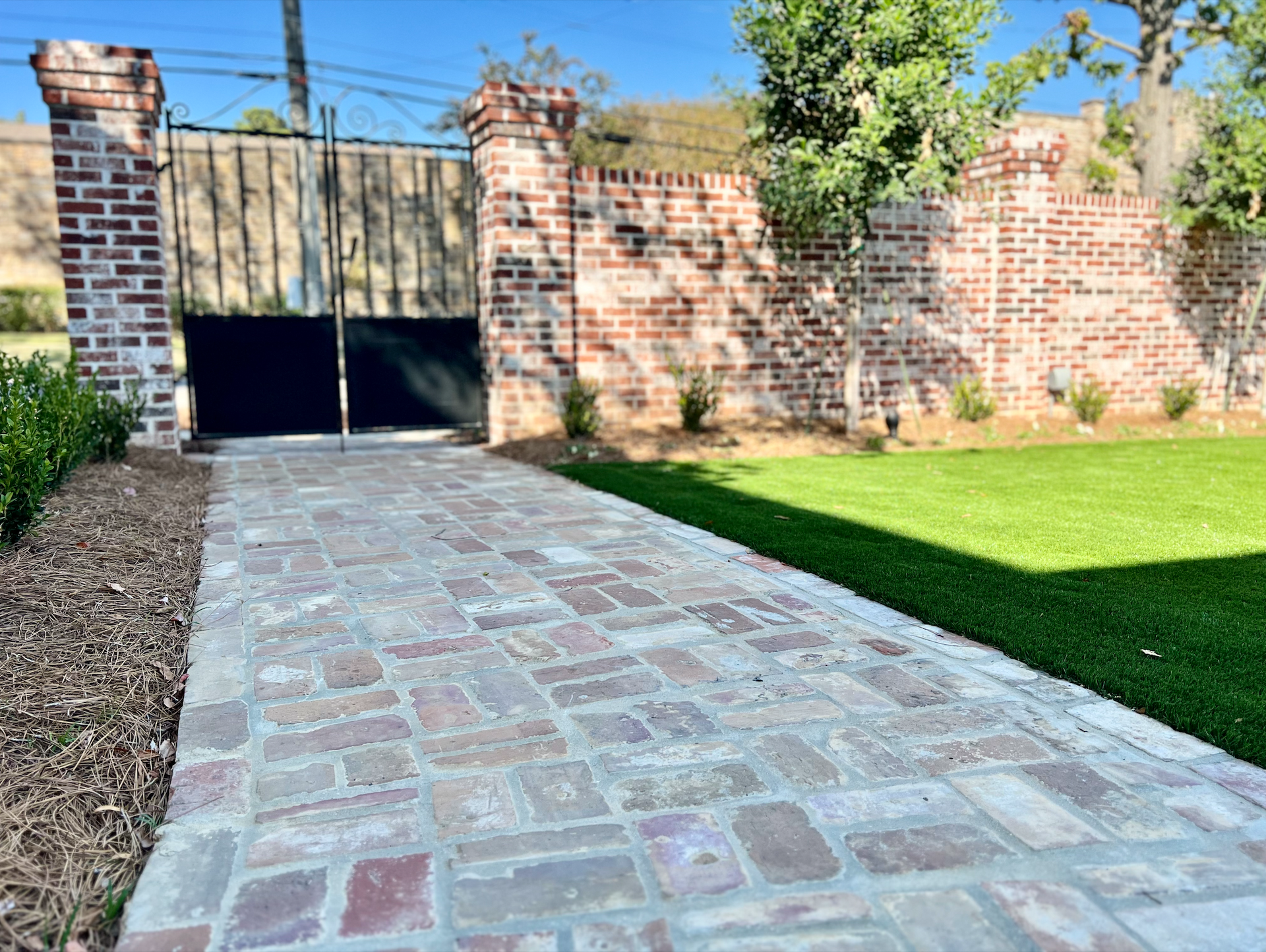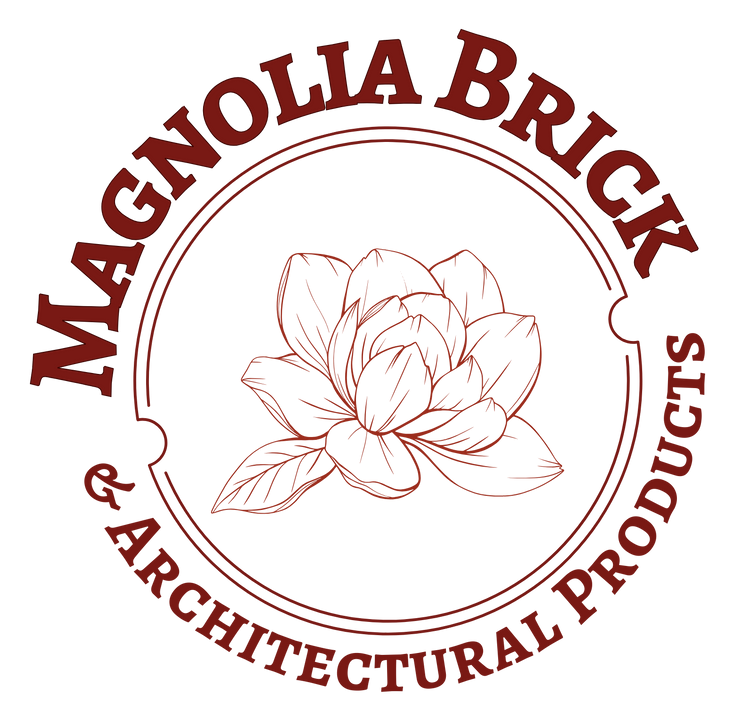
Brick vs. Concrete Block: Pros, Cons, and When to Use Each
Brick vs. Concrete Block: Pros, Cons, and When to Use Each
When it comes to construction materials, bricks and concrete blocks (also known as concrete masonry units or CMUs) are two of the most popular choices. Both have unique characteristics and offer a range of advantages and disadvantages. Deciding between brick and concrete block for your project requires careful consideration of your specific needs and design goals. At Magnolia Brick, with locations in Tupelo, MS, and Oxford, MS, we're here to help you explore the pros and cons of each option and understand when to use them.
The Case for Bricks
Pros of Using Bricks:
1. Timeless Aesthetics:
Bricks are renowned for their classic, timeless appearance. They can enhance the visual appeal of both residential and commercial buildings. Their earthy, warm colors and textures create a welcoming and charming ambiance.
2. Durability and Longevity:
Bricks are incredibly durable and can withstand various weather conditions, including extreme heat, cold, and moisture. When properly maintained, brick structures can last for generations.
3. Fire Resistance:
Bricks have inherent fire-resistant properties, making them an excellent choice for constructing fire-resistant walls and structures. They don't catch fire and can help contain flames.
4. Sound Insulation:
Bricks provide good sound insulation, helping to reduce noise from the outside and create a quieter indoor environment.
5. Low Maintenance:
Once installed, bricks require minimal maintenance. They do not need to be painted or sealed, and their color remains relatively stable over time.
Cons of Using Bricks:
1. Cost:
Bricks can be more expensive than concrete blocks, both in terms of material cost and installation due to their smaller size and additional labor required for masonry work.
2. Weight:
Bricks are heavy, which can increase transportation costs and require a strong foundation for load-bearing walls.
3. Limited Insulation:
While bricks offer some insulation, they are not as thermally efficient as other modern construction materials. Additional insulation may be required for energy-efficient buildings.
The Appeal of Concrete Blocks
Pros of Using Concrete Blocks:
1. Affordability:
Concrete blocks are generally more affordable than bricks, making them a cost-effective choice for many construction projects.
2. Speed of Construction:
Concrete blocks are larger and faster to install, which can lead to quicker construction times. This can be advantageous for meeting project deadlines.
3. Strength and Stability:
Concrete blocks have excellent load-bearing capacity and can support heavy structures. They are commonly used in the construction of foundations and retaining walls.
4. Thermal Insulation:
Concrete blocks can be designed with hollow cores, which can be filled with insulation material to improve thermal efficiency.
Cons of Using Concrete Blocks:
1. Aesthetics:
Concrete blocks may lack the aesthetic appeal of bricks. They often require additional finishing techniques, such as stucco or paint, to enhance their appearance.
2. Durability:
While concrete blocks are durable, they may not have the same longevity as bricks, especially in harsh weather conditions. Proper sealing and maintenance are essential to maximize their lifespan.
3. Sound Transmission:
Concrete blocks can transmit sound more effectively than bricks, potentially leading to increased noise in interior spaces.
4. Heavier Foundations:
Due to their weight and load-bearing capabilities, concrete block structures may require deeper and more substantial foundations.
When to Use Bricks vs. Concrete Blocks
Use Bricks When:
Aesthetic Appeal Matters: If you prioritize the timeless beauty and classic charm of your structure, bricks are the go-to choice.
Fire Resistance is Essential: When constructing fireplaces, fire-resistant walls, or structures in high-risk fire areas, bricks provide superior fire protection.
Sound Insulation is Important: In projects where noise reduction is a priority, such as residential homes or schools, bricks offer better sound insulation.
Longevity is a Concern: If you're looking for a material that can stand the test of time and endure harsh weather conditions, bricks are a reliable option.
Use Concrete Blocks When:
Cost Efficiency is a Priority: For projects with budget constraints, concrete blocks are a cost-effective choice.
Speed of Construction Matters: When you need to complete your project quickly or meet tight deadlines, concrete blocks can expedite construction.
High Load-Bearing Capacity is Required: For foundations, retaining walls, or structures that require exceptional strength and stability, concrete blocks are a practical choice.
Thermal Efficiency is Necessary: In energy-efficient buildings, concrete blocks with insulated cores can provide better thermal insulation.
The Hybrid Approach
In some cases, it's beneficial to use both bricks and concrete blocks within the same project. This hybrid approach allows you to leverage the strengths of each material. For example, you could use bricks for the exterior facades to achieve the desired aesthetics while using concrete blocks for load-bearing walls and internal structures to maximize cost-efficiency and strength.
Consult with Experts
Ultimately, the choice between bricks and concrete blocks depends on the specific requirements of your project, your design goals, and your budget. Consulting with architects, engineers, and experienced masonry professionals can provide valuable guidance in selecting the right material for your construction needs. At Magnolia Brick, we're here to assist you in making informed decisions about bricks, concrete blocks, and their applications in Tupelo, MS, and Oxford, MS. Whether you opt for the timeless charm of bricks or the practicality of concrete blocks, our expertise is at your service to help you build the structure of your dreams.

